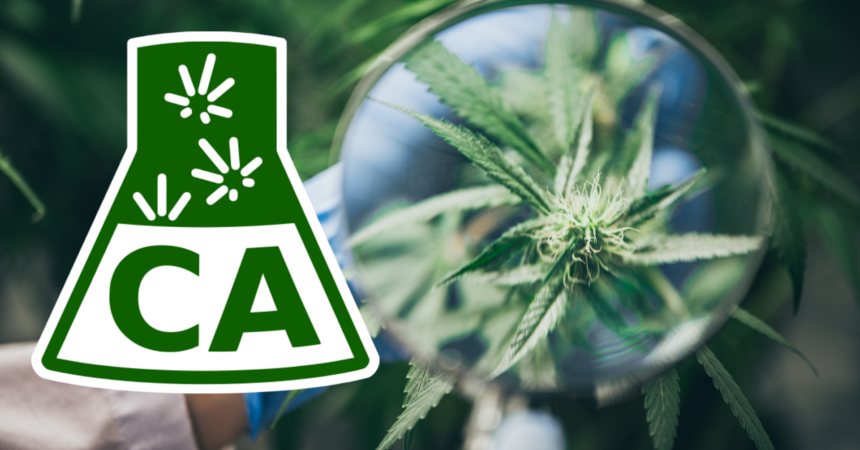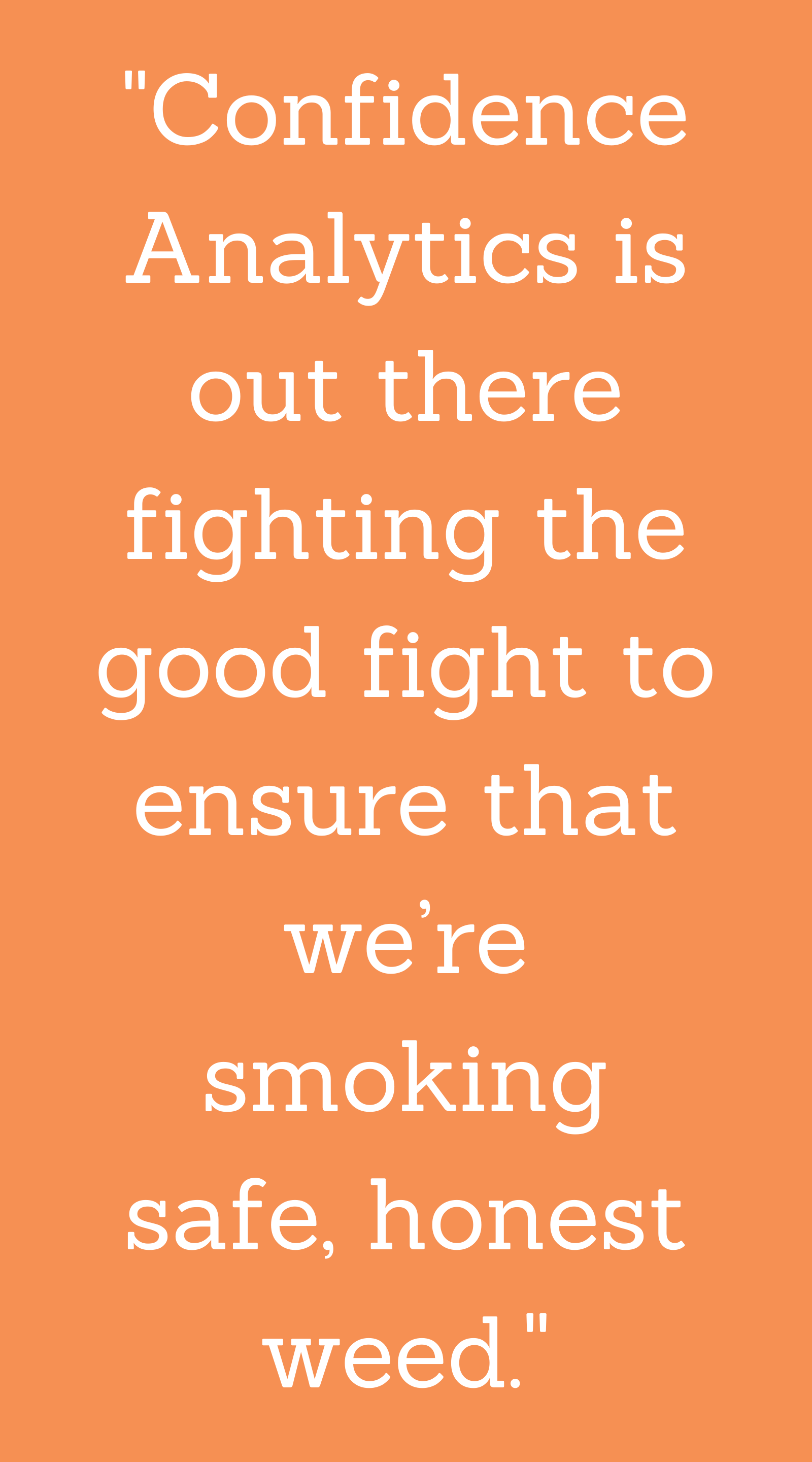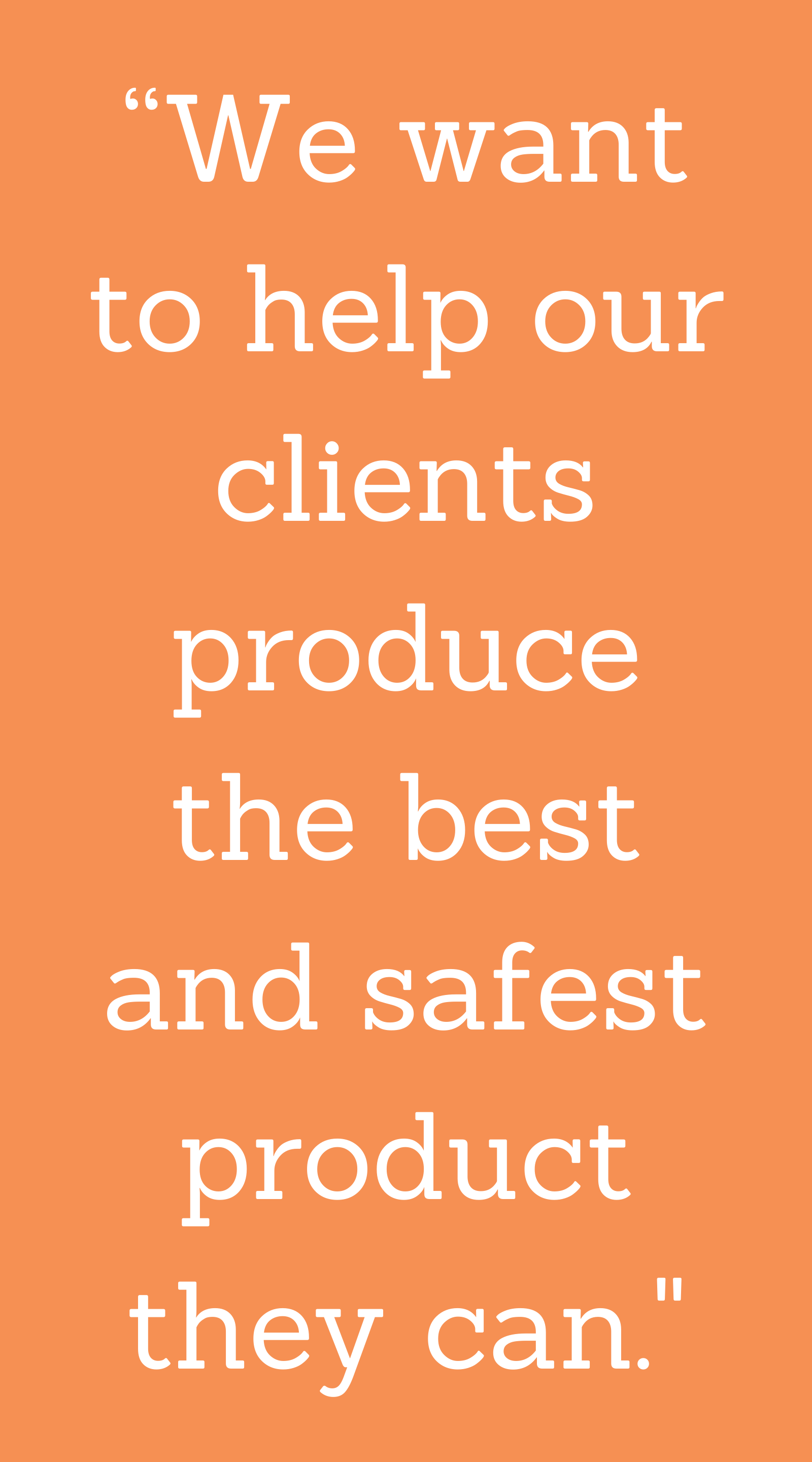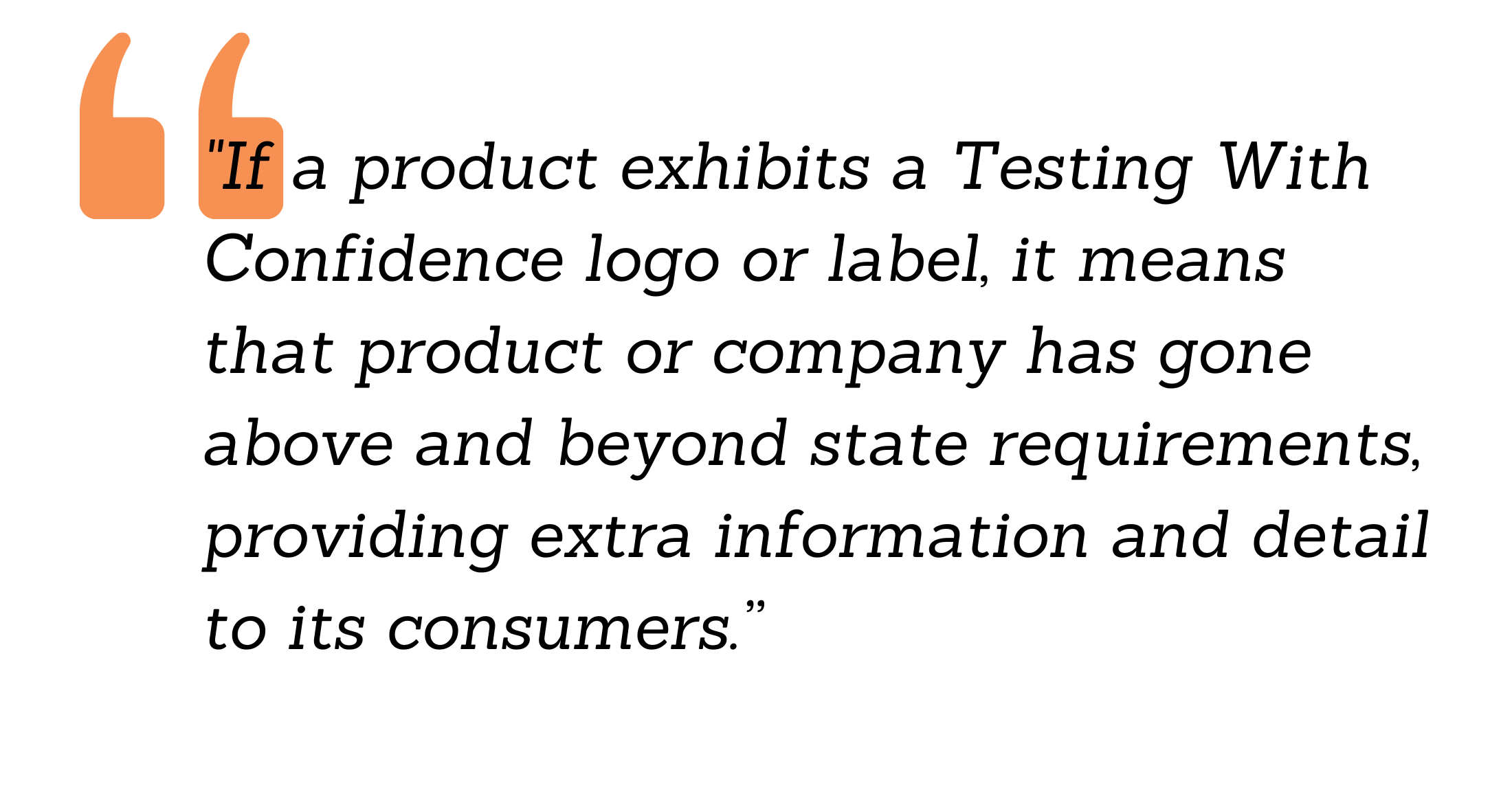In order to access this website you must be of legal age in your region.
Confidence Analytics Goes Above and Beyond for Cannabis Analysis and Consumer Safety

By Allison Cohn
There are many reasons to test cannabis, including consumer safety, compliance confirmation, contamination detection and potency assessment. Determining whether a cannabis product contains contaminants (ie: microbes, mycotoxins, solvents, pesticides and/or heavy metals) for example, is essential before that product makes it onto the shelves for consumption. While Washington State still does not require mandated pesticide testing, and lots of other labs are being given the kibosh for falsifying test results and inflating THC numbers, Confidence Analytics is out there fighting the good fight to ensure that we’re smoking safe, honest weed.
The need for cannabis lab testing arose from the 2012 legislation, the I-502 on “marijuna reform.” Confidence Analytics came into play shortly afterwards in 2014 to test cannabis products before they were permitted to be sold at retail.

While Confidence Analytics wasn’t the first lab to receive its certification in the state of Washington, it was the first to give a Certificate of Analysis to the first product sold at retail under the I-502 legislation. From there, Confidence Analytics positioned itself within the industry and community as a trusted, quality lab that produces consistent, accurate results.
Confidence Analytics gives it to you straight. They pride themselves in maintaining high standards, integrity, transparency and above all else, they treat their clients like partners. Confidence Analytics doesn’t want their customers to see them as another hurdle or more red tape to deal with. They genuinely want to help their clients succeed, which means going above and beyond ordinary procedural standards to help growers and producers understand how the lab testing works, why it’s essential for the safety of consumers (beyond just meeting mandated specifications and regulations), breaking down the results so they’re comprehensible, and ultimately contributing to the growing body of knowledge concerning the cultivation and analysis of cannabis.
Confidence Analytics’ Program Director, Lara Kaminsky, was first introduced to the lab when they became a member of Cannabis Alliance, which she helped co-found. She was impressed with their “willingness to be transparent, get involved, educate and set high standards.”
“It takes a lot of work to try to educate people,” Kaminsky explains, “and it doesn’t necessarily benefit the bottom line. But part of Confidence Analytics’ mission and mandate of the company is to help set quality standards, transparency, and communication between labs, and when people are educated about the work being done, they will be more discerning clients of whichever lab they choose to use.”

When clients come back to Confidence Analytics with questions regarding their test results, “the whole team is so quick to step up and dig into the results and give answers,” says Pat Reynolds, Confidence Analytics’ Operations Director. Their lab is happy to help its customers investigate their results, sometimes exploring external factors that could contribute to anything that seems puzzling. “We want to help our clients produce the best and safest product they can,” Reynolds explains. “We’re not pesticides experts, but we’ve got the background and expertise to look at subject matter with a high level of comprehension around chemistry and physics. What we’re telling them is realistic and true to form. We’re not leaving them to figure it out on their own; and that keeps our customers coming back for more.”
By bringing their clients into the fold and involving them in the conversation, Confidence Analytics is “underscoring their commitment to quality,” according to Kaminsky. “It’s about the long game,” she says. “Being consistent over time showcases the ethics and values we emulate at the lab. [If the lab results aren’t accurate], consumers don’t know what they’re actually getting or what’s giving them the effects they enjoy. It’s doing a disservice to the consumer and the entire industry.”
Then there is the issue surrounding the prized THC score: the holy grail of the cannabinoids, aggrandized dictator of the potency metrics. “This number has become all important in this market,” notes Reynolds. “Especially in Washington State, THC content has become the be-all and end-all. Farms and producers will sometimes send the same sample to different labs to see who gives them the highest results.”
Once Confidence Analytics solidified their reputation as the “transparent lab,” you saw a “sifting in the market of people who wanted to do the right thing,” according to Reynolds. “They began coming to Confidence regardless of how high or low that number was. There are people who are interested in doing the right thing for the consumer and customers and people who choose to behave otherwise, with other priorities. Our attitude [at Confidence Analytics] has always been to take the high road when it comes to these situations. At the end of the day, we’re just over here being honest and all these other labs are getting shut down.”
Confidence Analytics currently serves the local state cannabis market in Washington State, in addition to the national hemp market. Growers and producers send their products to their lab and they provide results. They’re also very close to opening another lab facility in Grover Beach, CA.

Confidence Analytics provides a program called Tested With Confidence, where products receive a special label on its packaging to denote that it’s been through the meticulous process of testing the end product for pesticides. “If a product exhibits a Testing With Confidence logo or label, it means that product or company has gone above and beyond state requirements, providing extra information and detail [to its consumers],” says Kaminsky. “Unfortunately, that’s unusual. Not all products are tested for pesticides. Or sometimes they’re tested at some point along the chain, but not necessarily at the end.”
Going forward, both Kaminsky and Reynolds hope to “help steer the standards for testing of cannabis, as everybody’s eyes start shifting towards federal legislation.” Ensuring high standards and accurate lab results are the cornerstones of Confidence Analytics’ work, and they hope to remain a leader in this field. Their legacy thus far has placed them as an industry leader in honest cannabis testing, and they want to stay at the forefront of setting standards, getting involved in conversations with regulatory agencies, and broader legalization efforts.
“We are the lab that the other labs try to copy,” says Reynolds. “Flattery is its own reward.”
And now Confidence Analytics is just reaching a point where all of the data they’ve collected over the years from state mandated testing is becoming enough to paint a broad picture. This collection of data will enable industry members to learn valuable information regarding cannabis trends, consistency and ingredient profiles of various products. “This data is very useful to our farmers and consumers,” Kaminsky tells us. “Now how can we leverage it to service multiple communities? How can we use it to the best effect? Data is valuable.”
Follow Confidence Analytics on Facebook, Instagram and Twitter. For questions about Confidence Analytics' programs or philosophy, email Lara Kaminsky - [email protected]

Allison Cohn loves gold spray paint and nonsense. She also has a very difficult time sitting still and keeping quiet. She can often be found dancing like a fool when she isn’t hiding out in her mountain lair or gallivanting around the globe.
